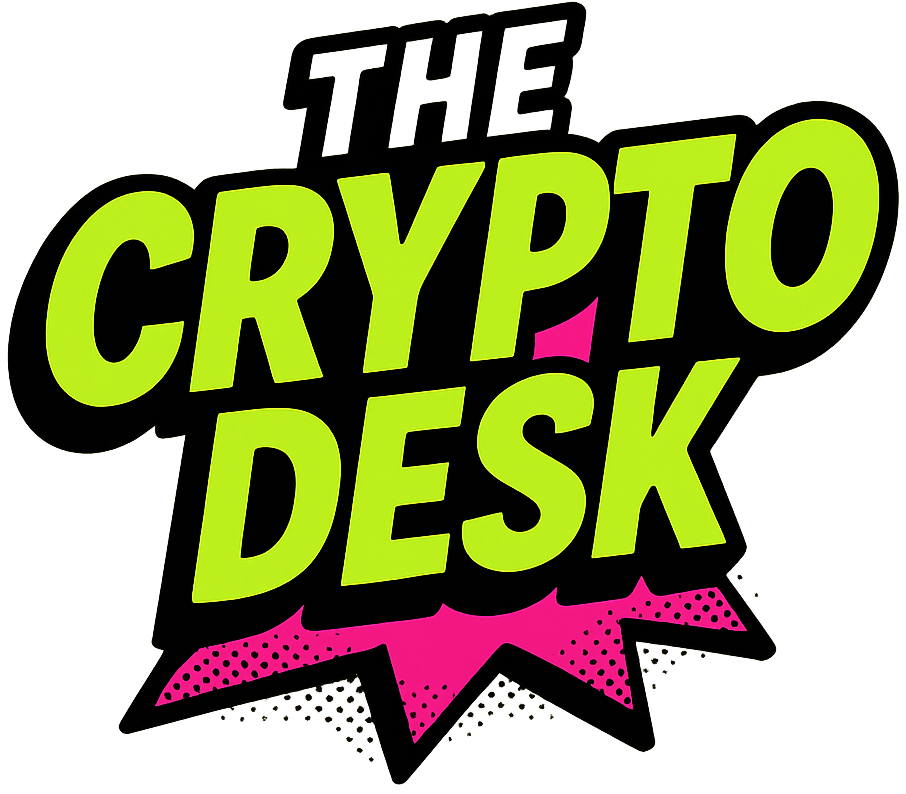Bybit Shuts Down NFT and IDO Offerings: What You Need to Know
In a surprising announcement that has sent ripples through the cryptocurrency community, Bybit, one of the largest cryptocurrency exchanges globally, will discontinue its NFT Marketplace and Initial DEX Offering (IDO) product pages. The shutdown is scheduled for April 8, 2025, at 16:00 UTC, a move expected to impact thousands of users and trading dynamics in the emerging digital asset landscape.
As part of our commitment to adjusting our product roadmap and enhancing user experience, Bybit Web3 will discontinue its NFT Marketplace, Inscription Marketplace, and IDO product pages on April 8, 2025, at 16:00 (UTC).📢 Check for details: https://t.co/zgSTpiQe02 pic.twitter.com/9JhNsazTQy— Bybit Web3 (@Bybit_Web3) April 1, 2025
Why This Matters: Insights into Bybit’s Major Decision
Bybit’s decision to wind down its NFT and IDO platforms comes in the wake of a massive security breach that resulted in the theft of an astounding $1.5 billion in assets, primarily attributed to North Korean hackers. While the exchange has framed this shift as an effort to streamline its offerings and enhance user experience, the timing has many speculating whether the hack influenced this decision significantly.
In its official communication, Bybit urges users to transition their assets before the platforms go offline—an essential step to safeguard digital holdings amid a tumultuous backdrop. The exchange has recommended alternative NFT trading platforms like OpenSea, Blur, and Magic Eden for Ethereum-based assets, and Unisat for those focused on inscriptions. For IDO participants, transferring tokens to private Web3 wallets is advised.
The Aftermath of the Security Breach: A Call to Action
The ferocity of the breach in February 2025 has raised numerous concerns regarding the exchange’s operational security and regulatory compliance. Despite the CEO Ben Zhou’s insistence that the stolen funds are being meticulously tracked, industry insiders note that recovery efforts could be hampered as much of the stolen cryptocurrency has already been laundered, making tracking nearly impossible.
♻️ Bybit CEO @benbybit has pledged to pursue all possible avenues to recover the funds stolen during the recent hack linked to the Lazarus Group. #Bybit #Ethereumhttps://t.co/xhPQR6fIRv— Cryptonews.com (@cryptonews) February 23, 2025
This situation has undeniably drawn the attention of regulators, prompting speculation that Bybit’s strategic withdrawal from NFTs and IDOs may be a proactive move to mitigate ongoing risks. Such vibes underscore a broader trend affecting the cryptocurrency sector, especially as NFT trading volumes continue to dwindle significantly.
A Broader Industry Perspective: Trends in NFT Marketplaces
Bybit’s closure of its NFT and IDO services is not an isolated case. The NFT marketplace ecosystem is witnessing a significant contraction, with other notable platforms also retracting their operations. For instance, LG Electronics recently announced the impending shutdown of LG Art Lab, its NFT platform, which aimed to integrate NFTs into smart entertainment systems. Following three years of operation, the company cited a strategic redirection as the reason for its withdrawal.
❌ Global tech giant @LGUS Electronics has announced the closure of its NFT platform, LG Art Lab, after three years of operation. #LG #NFThttps://t.co/7AgNkR8enk— Cryptonews.com (@cryptonews) March 25, 2025
Additionally, other industry players like Kraken and Nike’s RTFKT venture have also halted their NFT initiatives. This reflects a broader industry trend where NFT trading volumes have seen a dramatic decline, plummeting to less than $100 million—a stark contrast to the peak levels of $3.24 billion in August 2021.
Optimism Amid the Shadows: Signs of Life in the NFT Market
Amid this bearish landscape, there are flickers of hope. Recently, the U.S. Securities and Exchange Commission (SEC) concluded its investigation into OpenSea, a significant player in the NFT space, with no further actions taken. This could signify a potential turning point that might rejuvenate the market once the dust settles.
🌊 The SEC has officially ended its investigation into NFT marketplace @OpenSea, according to the company’s founder, @dfinzer.#SEC #OpenSeahttps://t.co/OtOT6c3WMd— Cryptonews.com (@cryptonews) February 22, 2025
Future Outlook: A Cautious Path Forward
As Bybit prepares to phase out its NFT and IDO services, the future of prominent NFT platforms remains uncertain. With the industry grappling with low trading volumes and recent closures, it appears that only the most resilient players will remain standing. Could this mean a consolidation of power among major platforms, or is there room for innovation in an evolving market?
For Bybit and similar exchanges, the navigating journey ahead will require rigorous attention to security, user experience, and operational viability. Both challenges and opportunities lie ahead as the NFT space continues to redefine itself, potentially leading to a resurgence in interest and engagement.
Conclusion: Taking Stock of the Digital Landscape
With Bybit’s recent announcement, the cryptocurrency and NFT markets are poised for significant change. Users, investors, and analysts alike must pay close attention to these developments. As the digital asset scene continues to evolve, what will the future hold for NFT marketplaces? Will we witness a return of robust trading volumes, or is further consolidation in the market inevitable?
Whether you’re an NFT enthusiast, trader, or just curious about the ongoing changes, join the conversation below! Share your thoughts on the sustainability of NFT platforms and your predictions for the future of digital collectibles.

